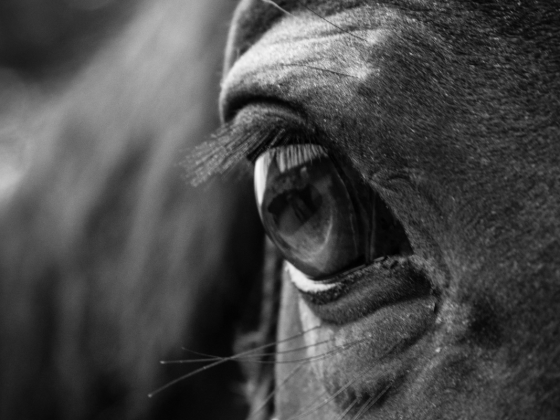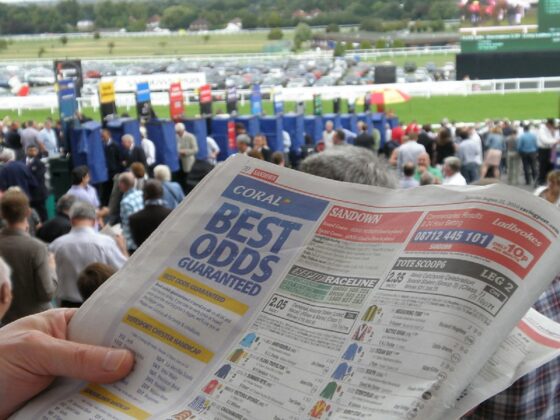Why is pace a key factor in the outcome of a horse race?
Why is pace an important factor in predicting the outcome of a horse race. In my view it is one of the most important factors, alongside how inherently fast a horse can run and a horses current level of fitness.
An even pace, or a level distribution of a horses energy is a key factor that affects the outcome of a race. In this post I will highlight why I believe this to be the case and what you can best do to factor this in to your betting.

Can I beat a World Champion?
Think about a race, a fictitious race over 100 metres between Usain Bolt and myself. You no doubt know a little bit about Usain Bolt and relatively nothing if anything about me.
To give you the form going into the race. Usain Bolt is the world’s fastest man over 100 metres. He set the world record in 2009 that still stands, covering 100 metres in 9.58 seconds. I am an averagely fit 51 year old male who has consumed too much food, beer and cigarettes. I am a good few years past my peak. I’d reckon I could do the 100 metres in about 18 seconds, and then need to lie down for a while.
So how are you pricing this race up? 1/1000 Usain, 1000/1 for me? Now possibly Usain could trip up and fall, or be struck down of some other random unexpected event! That said at 1/1000 he appears to be a good bet and you may get a few takers?
How can pace affect the result?
Now, let me give you a bit more information about this race. For the first 90 metres we are going to do a steady jog, steady enough for me to be comfortable and not be over exerting myself. For the last 10 metres, the race is on and we go all out. In addition, there are six other runners, all of them of poor levels of fitness and with their best days long gone. These six are all going to jog the first 90 metres too, and directly in front of Usain. I have a clear track in front of me. What price do you make me now?
Ok, so I’ve over exaggerated the story a bit, but the point is valid and applicable to a horse race. In a truly run 100 metres race, barring a Black Swan event, Usain wins every time. But in the 90 metre jog with traffic problems I half fancy my chances. Certainly I’d back myself to come out on top more than once in a thousand reruns.
Can you predict how a Horse race will be run?
If pace is so important in the outcome of a race, beforehand. how can you predict the pace of a race?
Here’s the problem. I’ve explored many avenues over the years, but it’s impossible to do so with any great accuracy.
I’ve considered the distance of the race. Is a 5 furlong sprint more likely to be run with an efficient spread of a horses energy, more than a mile and a half race. It is, but there is no guarantee.
A race over a straight track versus one round bends where horses have to slow down to remain balanced and are unable to stretch out fully, again yes, but no guarantee.
Large competitive fields of runners versus races with small numbers. Championship races versus low class, insignificant events. In all cases it is more likely but if they break out of the stalls and no jockey goes on or the efficient use of energy is misjudged then you are done.

How can you use pace to help you pick winners?
So if it’s impossible to predict the pace of a race prior with any assured confidence, how can you use pace as a tool in your selection process?
I focus on past performances were an assessment on how truly run a race was can be ascertained.
Horse racing is full of cliches and sayings which have no substance. One of the few that I subscribe to is along the lines of ‘a bad horse cannot run a good time’. Time is my starting point for assessing the value of the form of any race. If the race hasn’t been run in a good time for its grade then I treat it with a certain degree of scepticism.
I often see horses, bad horses overbet because they appear visually on past performances to have good credentials. If the race wasn’t truly run. then in my experience, they may well have been flattered in their finishing position. Finding these horses is often a good starting point when searching for a value bet. If the market has over estimated their chance, then by definition there must be value to be had in one or some of the other runners.
Was the race truly run?
In the UK we are miles behind other countries on our use of data in horse racing. When you look at the USA where sectional splits are live on screen for every race as it happens. you can determine the pace as it unfolds. We are still operating in the dark ages.
Companies like Total Performance Data are making headway in the UK, with their production of sectional times for the courses they cover. On the Attheraces website you can view for free the TPD pace analysis presented in an excellent format. This is a really good resource for understanding how the pace of the race has unfolded.
The Racing Post produce speed figures for every runner in every race. In a broad sense a speed figure is a representation of a the pace run in a race and how efficiently a horses energy has been distributed. A horse will not post a good speed figure if its gone too fast or too slow in any part of a race.
You could always produce your own pace numbers? The downside is it’s a time consuming task. On the positive, the numbers are unique to you and can give you info the betting market may not have considered.
To Conclude
The pace of the race has a huge impact on the outcome of any horse race. When there is not an even pace and a level distribution of a horses energy, the most talented horses can be disadvantaged.
In my experience anticipating the pace of a race with great confidence and accuracy is very difficult. You can however use past performance data and concentrate your bet selection process on races where you know the pace has been true. The best horses will come to the fore, good horses can run good times, bad horses don’t.









